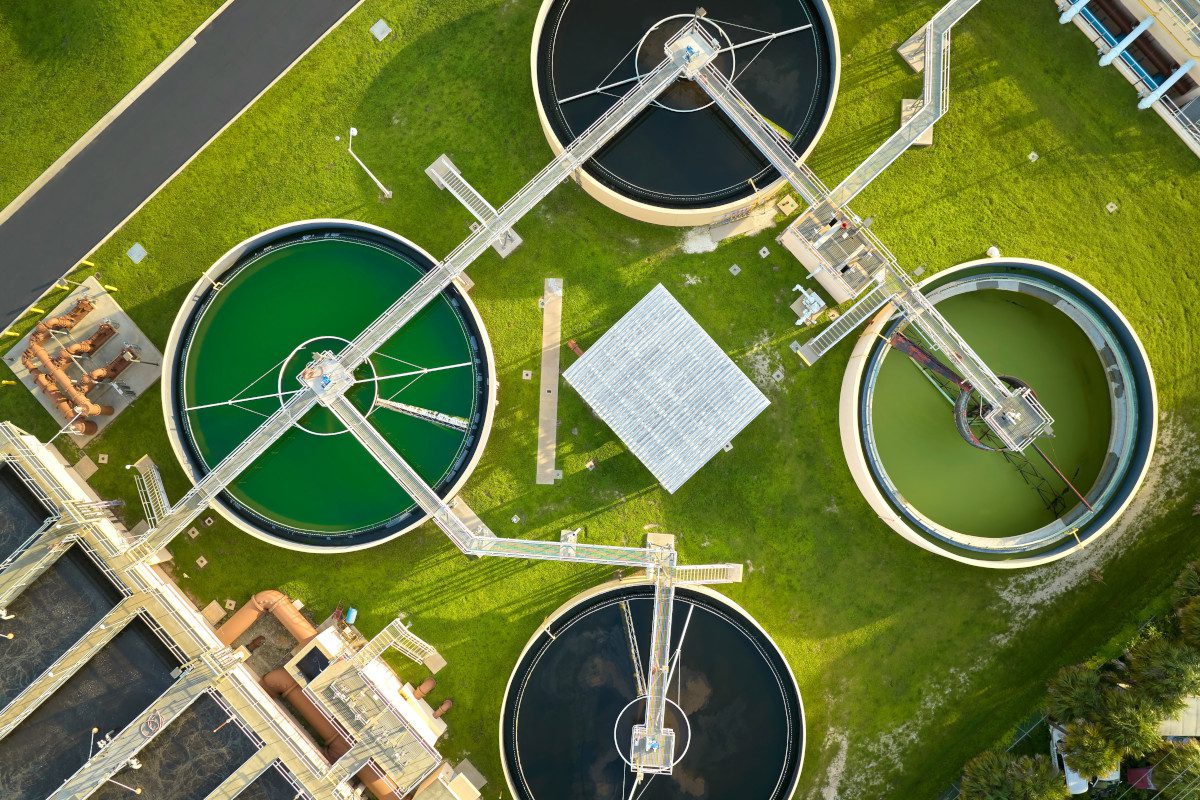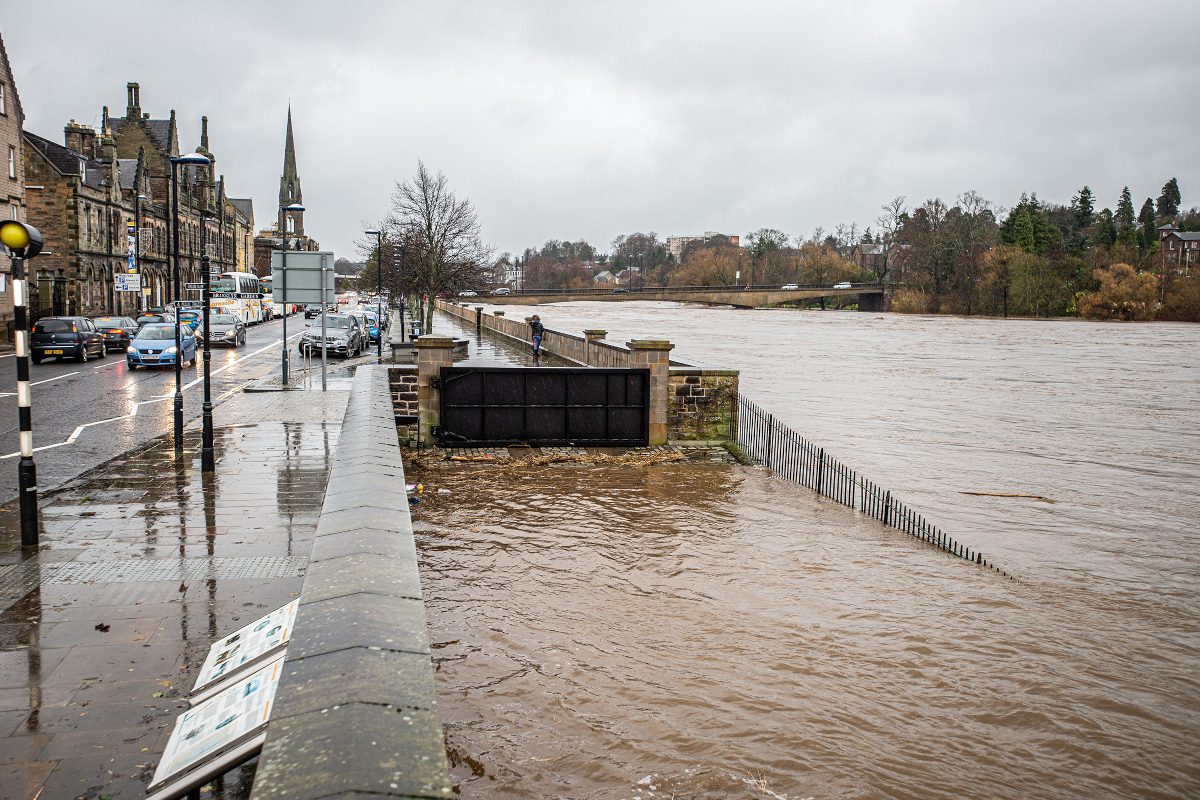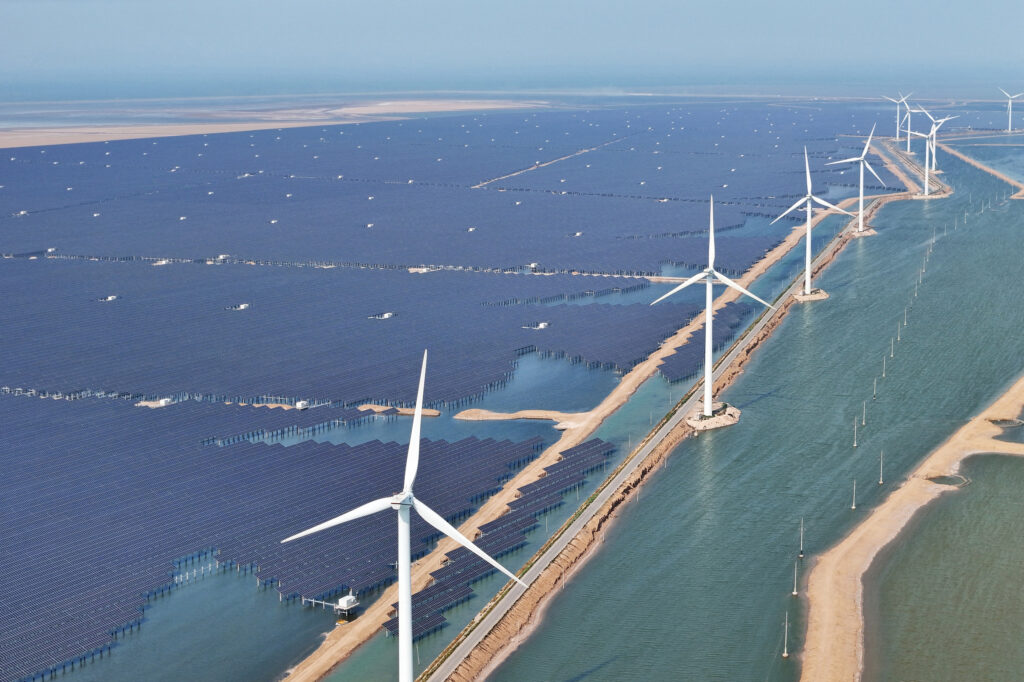2024 was another year of record-breaking temperatures, driving the global water cycle to new climate extremes and contributing to ferocious floods and crippling droughts, a new report seems to show.
The 2024 Global Water Monitor Report, involving an international team of researchers and led by Australian National University (ANU) Professor Albert van Dijk, found rising temperatures are changing the way water moves around the planet, “wreaking havoc” on the water cycle.
“Rising sea surface temperatures intensified tropical cyclones and droughts in the Amazon Basin and southern Africa. Global warming also contributed to heavier downpours and slower-moving storms, as evidenced by deadly flash floods in Europe, Asia and Brazil,” Professor van Dijk said.
In 2024, about four billion people across 111 countries – half of the world’s population − experienced their warmest year yet. Professor van Dijk said air temperatures over land in 2024 were 1.2 degrees Celsius warmer than at the start of the century, and about 2.2 degrees Celsius higher than at the start of the Industrial Revolution.
“In 2024, Earth experienced its hottest year on record, for the fourth year in a row. Water systems across the globe bore the brunt,” he said.
“2024 was a year of extremes but was not an isolated occurrence. It is part of a worsening trend of more intense floods, prolonged droughts, and record-breaking extremes.”
The most damaging water-related disasters in 2024 included flash floods, river floods, droughts, tropical cyclones and landslides. Water-related disasters killed more than 8,700 people, displaced 40 million people and caused economic losses exceeding US $550 billion.
“From historic droughts to catastrophic floods, these extreme events impact lives, livelihoods, and entire ecosystems. Separate, heavy rainfall events caused widespread flash flooding in Afghanistan and Pakistan, killing more than 1,000 people,” Professor van Dijk said.
“Catastrophic flooding in Brazil caused more than 80 deaths, with the region recording more than 300 millimetres of rainfall.
“We found rainfall records are being broken with increasing regularity. For example, record-high monthly rainfall totals were achieved 27 per cent more frequently in 2024 than at the start of this century, whereas daily rainfall records were achieved 52 per cent more frequently. Record-lows were 38 per cent more frequent, so we are seeing worse extremes on both sides.
“In southern China, the Yangtze and Pearl Rivers flooded cities and towns, displacing tens of thousands of people and causing hundreds of millions of dollars in crop damages.
“In Bangladesh in August, heavy monsoon rains and dam releases in August caused widespread river flooding. More than 5.8 million people were affected and at least one million tonnes of rice was destroyed. In Spain, more than 500 millimetres of rain fell within eight hours in late October, causing deadly flash floods.”
While some parts of the world experienced major flooding in 2024, others endured crippling drought.
“In the Amazon Basin, one of the Earth’s most important ecosystems, record low river levels cut off transport routes and disrupted hydropower generation. Wildfires driven by the hot and dry weather burned through more than 52,000 square kilometres in September alone, releasing vast amounts of greenhouse gases,” Professor van Dijk said.
“In southern Africa, a severe drought reduced maize production by more than 50 per cent, leaving 30 million people facing food shortages. Farmers were forced to cull livestock as pastures dried up. The drought also reduced hydropower output, leading to widespread blackouts.
“We need to prepare and adapt to inevitably more severe extreme events. That can mean stronger flood defences, developing more drought-resilient food production and water supplies, and better early warning systems.
“Water is our most critical resource, and its extremes—both floods and droughts—are among the greatest threats we face.”
The research team used data from thousands of ground stations and satellites orbiting the Earth to deliver near real-time insights into critical water variables such as rainfall, soil moisture, river flows, and flooding.
The Global Water Monitor is a collaboration between institutions across the world and involves various public and private organisations.
The 2024 report is available on the Global Water Monitor website.
















